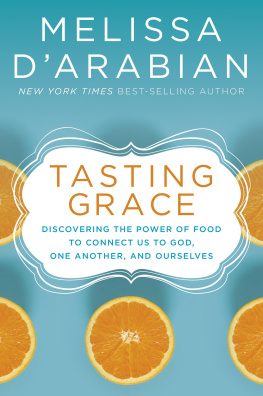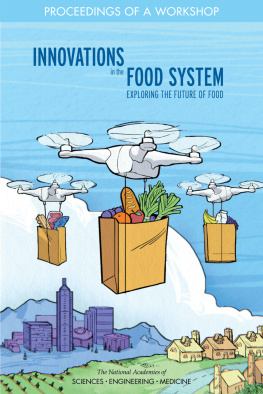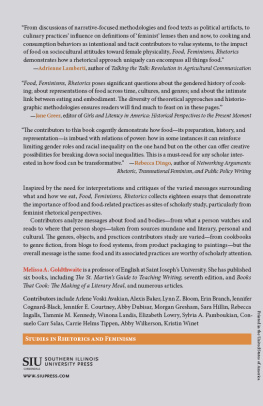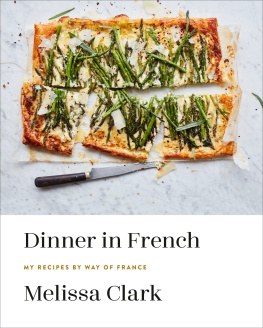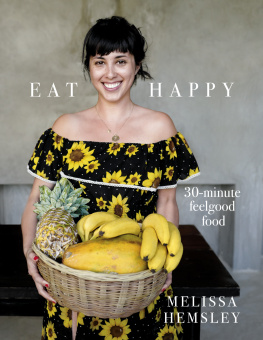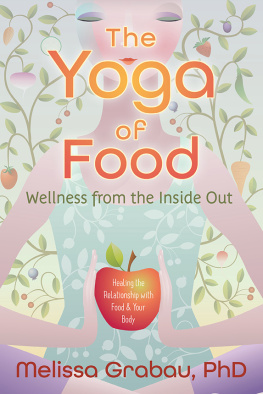Melissa dArabian - Tasting Grace: Discovering the Power of Food to Connect Us to God, One Another, and Ourselves
Here you can read online Melissa dArabian - Tasting Grace: Discovering the Power of Food to Connect Us to God, One Another, and Ourselves full text of the book (entire story) in english for free. Download pdf and epub, get meaning, cover and reviews about this ebook. year: 2019, publisher: The Crown Publishing Group, genre: Home and family. Description of the work, (preface) as well as reviews are available. Best literature library LitArk.com created for fans of good reading and offers a wide selection of genres:
Romance novel
Science fiction
Adventure
Detective
Science
History
Home and family
Prose
Art
Politics
Computer
Non-fiction
Religion
Business
Children
Humor
Choose a favorite category and find really read worthwhile books. Enjoy immersion in the world of imagination, feel the emotions of the characters or learn something new for yourself, make an fascinating discovery.
- Book:Tasting Grace: Discovering the Power of Food to Connect Us to God, One Another, and Ourselves
- Author:
- Publisher:The Crown Publishing Group
- Genre:
- Year:2019
- Rating:5 / 5
- Favourites:Add to favourites
- Your mark:
Tasting Grace: Discovering the Power of Food to Connect Us to God, One Another, and Ourselves: summary, description and annotation
We offer to read an annotation, description, summary or preface (depends on what the author of the book "Tasting Grace: Discovering the Power of Food to Connect Us to God, One Another, and Ourselves" wrote himself). If you haven't found the necessary information about the book — write in the comments, we will try to find it.
It wasnt until Melissa dArabian evaluated her relationship with food in light of her relationship with God that she began to appreciate food as not only a gift from him but also as a deeper invitation into his love. As she prayed, studied Scripture, and reflected on the stories from her own life, Melissa saw how God had used food to draw her into community, to redeem her moments of greatest tragedy, and ultimately to connect her more to him.
In Tasting Grace, Melissa shares sixteen invitations that will transform your perception of food and the role it plays in your own life, from equality to connection to hospitality to stewardship and more. She explains how through her experiences, she learned to trust the ingredientsin recipes and in lifeand join God in the act of creation.
Whether you are a mom struggling to throw together a healthy meal for your family each night or a single woman longing for fellowship around your table, you will draw encouragement and inspiration from Melissas reminder that all food, first and foremost, is a gift from God. When you return to him as the source, you will find the freedom to enjoy his beautiful and delicious creation.
Advance praise for Tasting Grace
What a beautiful book. Using stories of her own triumphs and pain, Melissa digs past the surface layers of food as we see it on television, in cookbooks, and on social media. Rather, she helps us think about it in a whole new wayas nothing short of a spiritual force, a vessel through which we can experience (and extend) compassion, comfort, fellowship, love, enjoyment, and grace. It has given me a brand-new lens with which to examine the deeper significance of the food I cook, eat, and share.Ree Drummond, author of The Pioneer Woman Cooks
The intersection between faith and food is endlessly interesting to me, and Melissa articulates the significance and beauty of that intersection so well. Melissa is a great storyteller, and she invites us into her story and gives us a seat at her table with graciousness and wisdom. This is a lovely, meaningful book.Shauna Niequist, New York Times best-selling author of Present Over Perfect and Bread and Wine
This is a beautifully written book. These arent just words on pages; they are an invitation to a feast, to hospitality, and to finding lasting purpose in your life. Melissa has set a table fit for a King, pulled our chairs, and reminded us theres a place for us here. This is a book that will not only feed your imagination but also your soul. Bob Goff, author of New York Times bestsellers Love Does and Everybody Always
Melissa dArabian: author's other books
Who wrote Tasting Grace: Discovering the Power of Food to Connect Us to God, One Another, and Ourselves? Find out the surname, the name of the author of the book and a list of all author's works by series.

